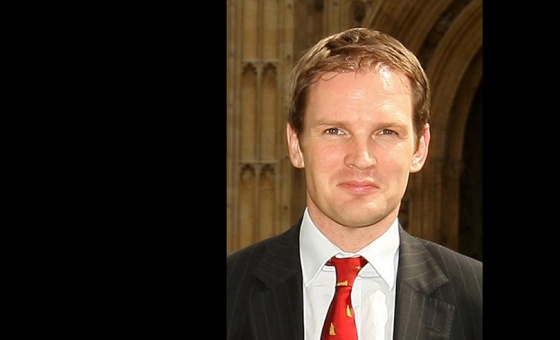This is the last article you can read this month
You can read more article this month
You can read more articles this month
Sorry your limit is up for this month
Reset on:
Please help support the Morning Star by subscribing here
THE late Marxist historian Eric Hobsbawm wrote in his book Age of Extremes that the short 20th century had ended in 1991 with the fall of the Soviet Union, having started in 1914 with the first world war.
The US became the dominant superpower, and the kind of crises that had dominated the 20th century — economic collapses, wars and revolutions — were for the moment at an end.
Recent events have provoked discussion as to whether Hobsbawm was right and raised the question of the 20th century still being very much with us. The economic crisis of 2008-9, wars in Ukraine and the Middle East and the rise of China as a challenger to the US suggests he may have been wrong.
We are currently marking 50 years since the events of 1973, firmly in the 20th century, which seems very familiar in 2023.
The Yom Kippur war of October 1973 between Egypt and Israel led to a restriction of oil supplies by Middle Eastern producers and a significant rise in oil prices. It was this more than anything that ended the post-1945 era of cheap and plentiful energy — and the subsequent era is one we very much remain in.
Then on November 12 1973, the National Union of Mineworkers started an overtime ban in pursuit of a wage claim outside of the Tory government’s Phase 3 incomes policy.
Combined with the restrictions on oil, the impact on energy supplies was significant.
The sense of political and social crisis that began to develop in that British autumn of 50 years ago is difficult to grasp for those not alive at the time or too young to recall it.
Labour, then in opposition, was split on the miners’ action. Labour leader Harold Wilson had reported to a Labour Party NEC meeting on November 28 1973 that talks between the miners and the Coal Board had broken down. Tony Benn recorded in his diary that he pushed a policy of supporting and trusting the miners. Rightwinger Anthony Crosland, by contrast, argued that Labour should not back the miners.
By December 7 1973, Benn was recording: “There is a great sense of crisis everywhere.”
Indeed, such was the depth of the crisis that on December 13 1973, Tory premier Ted Heath announced that industry would move to a three-day week from January 1 1974. Power cuts were widespread for business and residential users.
We can see immediately why a largely right-wing media will be very unlikely to mention the anniversary of the start of the NUM overtime ban even though it is one of the more significant dates in post-1945 British history. It is a reminder that the history of modern Britain has been — and is — one of crisis.
The crisis got even worse after Heath’s announcement, perhaps inevitably. Two days before Christmas on December 23 1973 the oil price doubled.
Tory minister John Davies told his family “We must enjoy this Christmas — it may be our last one.”
The short-term outcome of these events is perhaps better known. Ted Heath called a general election in February 1974 asking: “Who governs Britain, the Tories or the unions?” The voters decided it was the latter, and Labour returned to office.
It was, in a sense, very 20th century — but also very much of the moment now. War in the Middle East, an energy crisis and workers’ action putting a Tory government under pressure over wages is very much where Britain is in 2023. So perhaps the 20th century is still with us.
Keith Flett is a socialist historian. Follow him on Twitter @kmflett.










